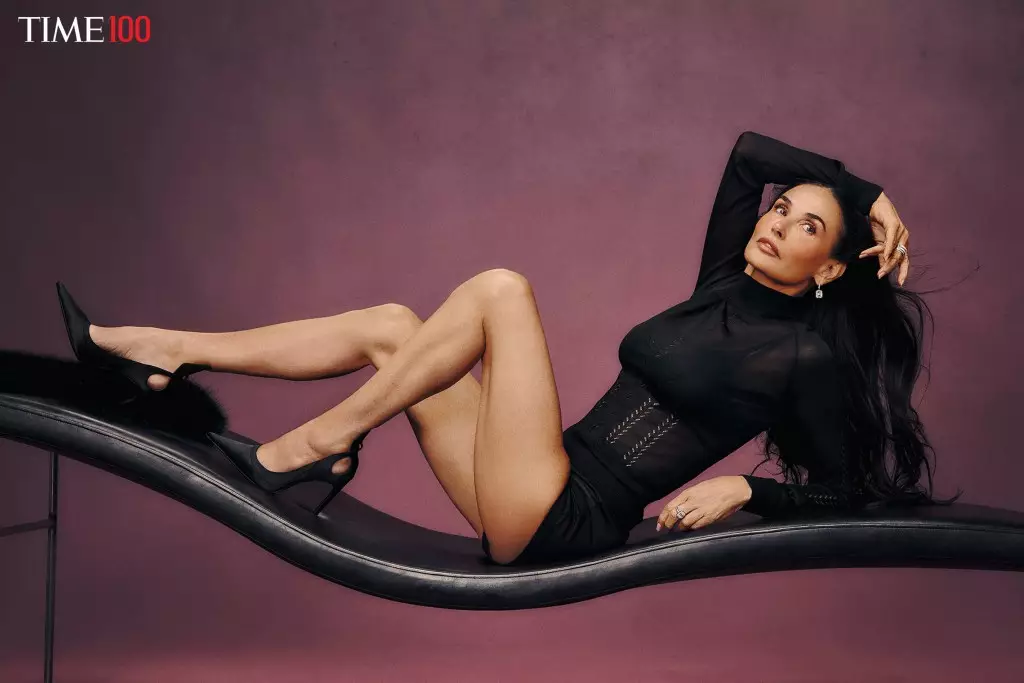Time magazine’s annual list of the 100 most influential people is a tradition that has, over time, become a revered marker of cultural significance and societal power. This year, the entertainment sector is drenched in familiar names, featuring personalities such as Demi Moore and Snoop Dogg, alongside industry stalwarts like Ted Sarandos and Lorne Michaels. But while the glitz captivates us, one must wonder: does the notion of “influential” remain grounded in substantive merit or has it succumbed to the allure of celebrity culture?
Celebrity Over Substance
This year’s roster epitomizes a recurring theme: the glorification of entertainers—many of whom are undeniably talented but fall short of delivering impact beyond their crafted personas. The political and social contexts in which we exist demand leaders and innovators, yet we celebrate figures more closely associated with social media sizzle than authentic leadership. This begs the question: should the power of influence be relegated to superficial fame, or should it encapsulate a more profound social responsibility?
Being influential in today’s society seems narrowly defined; if you can navigate a camera, garner followers, or compose a catchy tune, you might find yourself perched atop Time’s list. Yet, this does not necessarily translate to driving societal change or igniting meaningful conversations. For instance, while Ed Sheeran may have a global fanbase, can his songs incite action or foster critical discourse in the face of pressing issues?
The Voices That Matter
The list boasts contributions from notable names, such as Shonda Rhimes and Chris Evans, who each provide insights on their contemporaries. However, this interplay of admiration seems to reinforce the celebrity bubble rather than challenge it. In a world rife with complexity and unrest, what merits greater acknowledgment is the combined influence of activists, educators, and scientists—those who bear the weight of responsibility and inequality rather than a scripted persona.
Take, for example, the absence of figures whose actions transcend traditional fame. Individuals amidst social justice movements, climate change advocates, and health care reformers warrant inclusion far more than some entertainment luminaries. The current landscape calls for transformation that challenges the status quo, yet we find ourselves tethered to the comfort of the familiar and the sensational.
Entertainment as a Double-Edged Sword
Entertainment itself bears a dual identity. On one hand, it can be a powerful vehicle for change, shaping public perception and fostering empathy—an undeniable attribute seen in the works of many celebrated artists included in the Time list. On the other hand, it often cultivates a disconcerting detachment from reality. This year’s selection underscores a cacophony of familiar voices, inching towards a monotony that risks disconnection from the pressing realities we face.
One must ponder whether our fixation on celebrity—even when cleverly masked as influence—hinders the potential for progressive dialogue. The Time100 indeed presents a diverse cast, yet the crux of influence may well lie in the uncelebrated resolve of those who remain committed to change away from the camera’s gaze. Is there irony in lauding those who divert our attention, rather than those who strive to illuminate the shadows of our societal dilemmas?


Leave a Reply